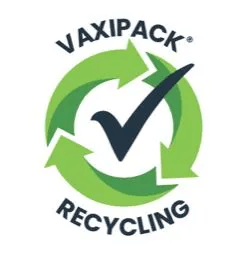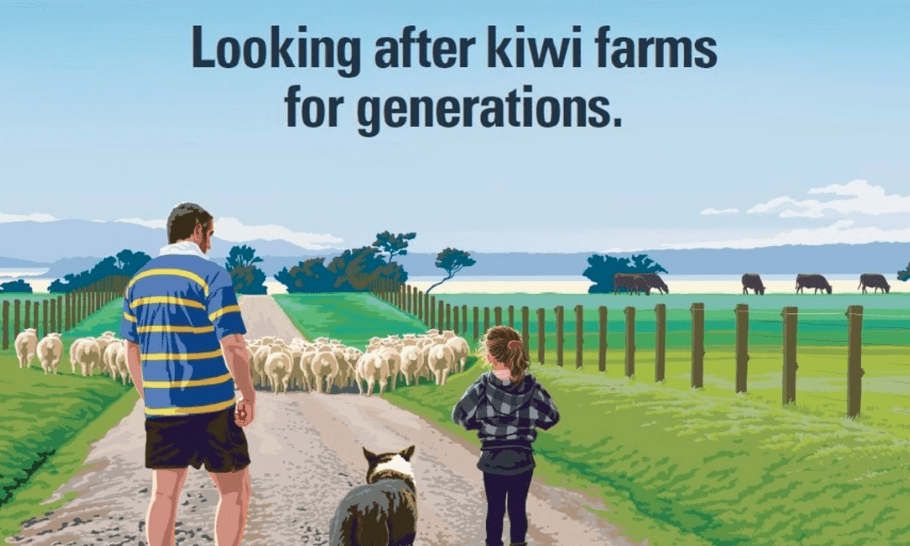MSD Recycling Programme VetSouth
VetSouth are proud to be part of the MSD Vaxipack Recycling Programme, providing recycling options for our farmers in Gore, Tapanui and Winton. You can drop empty MSD Vaccine Vaxipacks® in collection bins at your local VetSouth clinic, and MSD will take care of the rest, ensuring the plastic is repurposed and doesn’t end up in landfill.
What products can be recycled?
The following MSD Vaxipacks can be recycled:

Where and when can I drop off my vaccine packaging?
You can drop off your MSD Vaccine Vaxipacks at our Gore, Tapanui or Winton clinics during opening hours. Find your nearest clinic here.
If the pack isn’t completely empty the top can be cut off and contents disposed of, or contents can be removed by emptying with a vaccinating gun and draw-off tube or syringe.
What about the metal bung, draw-off tube and plastic neck tie – do these need to be removed and are these recycled?
No, these do not need to be removed. The sorting sites have committed to removing them and are doing their best to try and recycle these items also. However, the product must be clean and free from mud/blood.
Does this cost anything?
No, this is fully funded by MSD.
What happens to the recycled plastic?
The courier transports the full bin liners to local processing sites in Te Awamutu (North Island) and Blenheim (South Island) where the vaxipacks are sorted, processed and consolidated prior to being turned into new products as part of the circular
economy.














